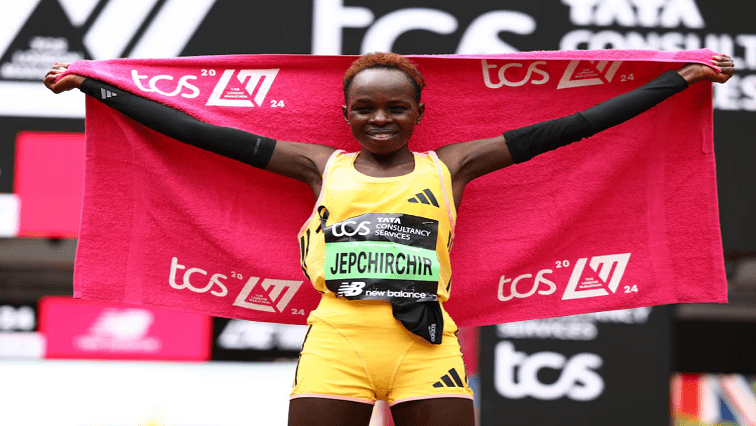As Christmas approached in 2020, it was not a Dickensian spirit but the spectre of Covid that haunted households up and down the UK.
With cases soaring, government-approved plans to allow three households to mix for five days in England were scrapped within weeks of being made, while scientists urged families to connect over Zoom or host drinks on the pavement rather than meeting for a hug.
“There is no point having a very merry Christmas and then burying friends and relations in January and February,” Gabriel Scally, a visiting professor of public health at the University of Bristol, said at the time.
Twelve months on, there has been little word from the UK government about how to safely celebrate Christmas 2021. But scientists say caution remains crucial.
“Rates of transmission are still very high, numbers of Covid weekly deaths continue at around 1,000, the NHS is described by those running it as ‘hitting breaking point’ and ‘unsustainable’, with Covid cases taking up hospital beds with the potential to tip the NHS into crisis. And we haven’t yet hit winter,” said Prof Susan Michie of University College London, a member of the government’s Covid-19 behavioural science team and the Independent Sage group of experts.
Michie added the current situation was unstable and could change quickly – for better or worse.
“In these circumstances, my advice would be to delay planning Christmas as long as possible,” she said.
However, for those already tackling yuletide logistics, experts say there are measures that should be taken to reduce the risks.
“These include all those we considered last year – thinking about the vulnerability of those you are visiting; maximising the chance that you are not infectious [for example] by testing, restricting contact beforehand; and making indoor spaces as safe as possible in terms of ventilation, limiting numbers and crowding, and using sanitiser and face masks,” said Michie. “The Delta variant is highly contagious, with many people now catching it despite double vaccination and cautious behaviour.”
According to the latest data, more than 88% of people aged 12 years and over in the UK have received at least one Covid jab, with many now eligible for a booster. However, a substantial number remain unvaccinated.
“Get vaccinated if you have still not done so, and get boosted if you are eligible,” said John Edmunds, a professor of infectious disease epidemiology at the London School of Hygiene & Tropical Medicine who sits on the Scientific Advisory Group for Emergencies (Sage).
Dr Elise Paul, of the Institute of Epidemiology and Health at UCL, agreed. “Getting the vaccine as well as a booster if you are called is the most important thing you can do to protect loved ones and those who are more vulnerable than you,” she said.
But, Paul added, other measures remain important.
“I would say that although the primary benefit of the vaccine is that it greatly reduces the likelihood of severe illness and death, even those who have been fully vaccinated can still fall ill from and therefore transmit the virus,” she said. “The best advice I can give is to continue to take recommended precautions: lateral flow tests, proper ventilation, thorough and frequent hand washing or sanitising. These are especially important when family and friends who may be more vulnerable are present.”
Edmunds also backed the use of testing.
“Use a lateral flow test before all risky events, such as work parties or visiting elderly relatives,” he said. “Only attend if you are negative.”
https://www.theguardian.com/world/2021/nov/22/another-covid-christmas-britons-urged-delay-festive-plans




